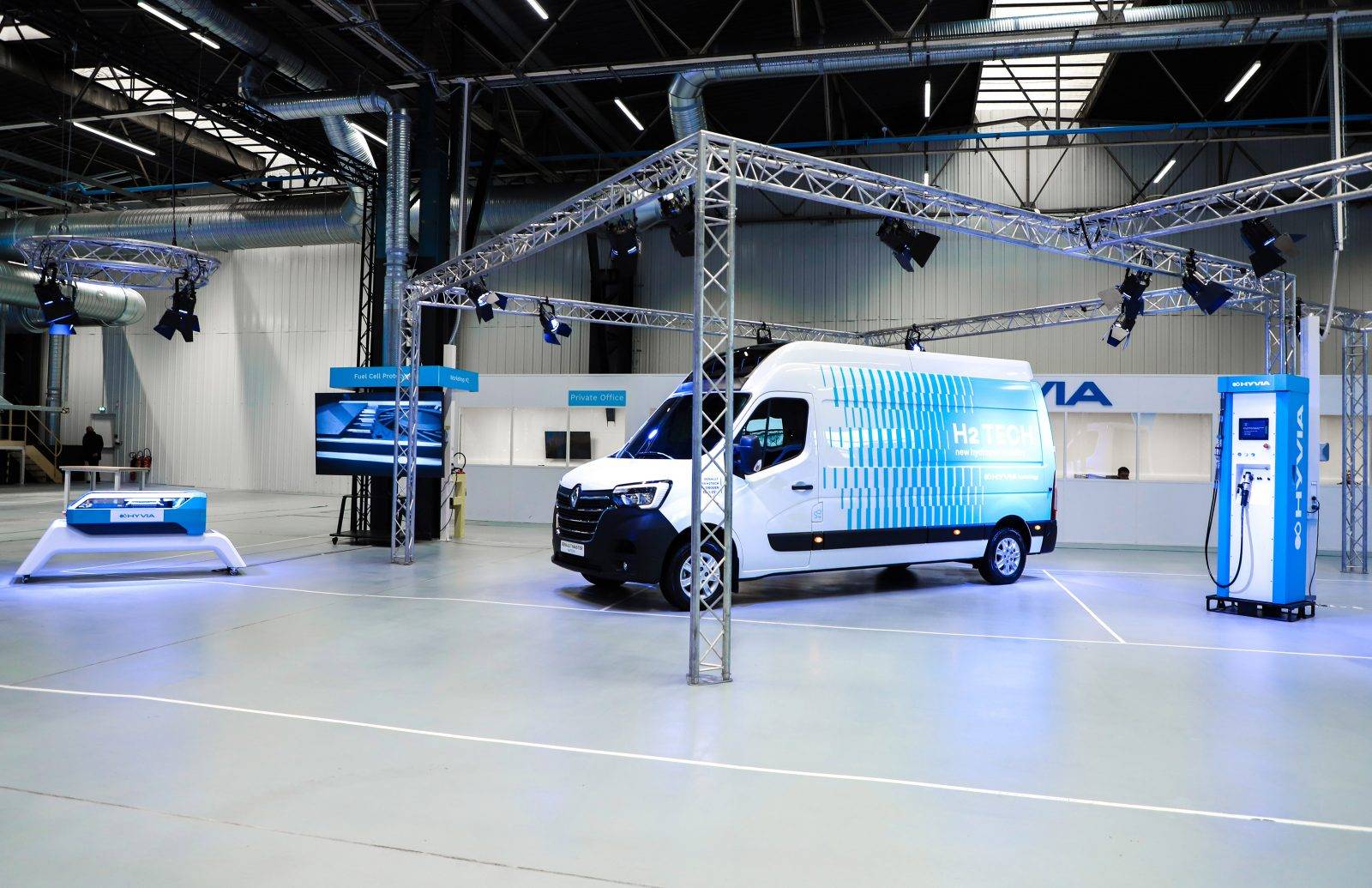This large Renault van can travel 500 kilometers all-electric
Renault Master H2
There is still much debate about the use of hydrogen for passenger cars. In fact, a lot of energy is lost in the production of hydrogen. Energy that you can also put directly into a battery of an efficient electric car. Therefore, most automakers have already made their choice and are opting for batteries.
This does not mean that hydrogen is necessarily unsustainable. Hydrogen can make many heavy industries more sustainable, but there are also opportunities in the transportation sector for the most common, lightest and simplest element in the universe. In fact, the energy density of batteries is currently still too low for large and heavy transportation. Large ships, planes, trucks and vans would have to be filled with heavy batteries if they were to have a reasonable range. That leaves little room for passengers and cargo. But from fuel oil, kerosene and diesel we want to get rid of. Hydrogen is right around the corner here.
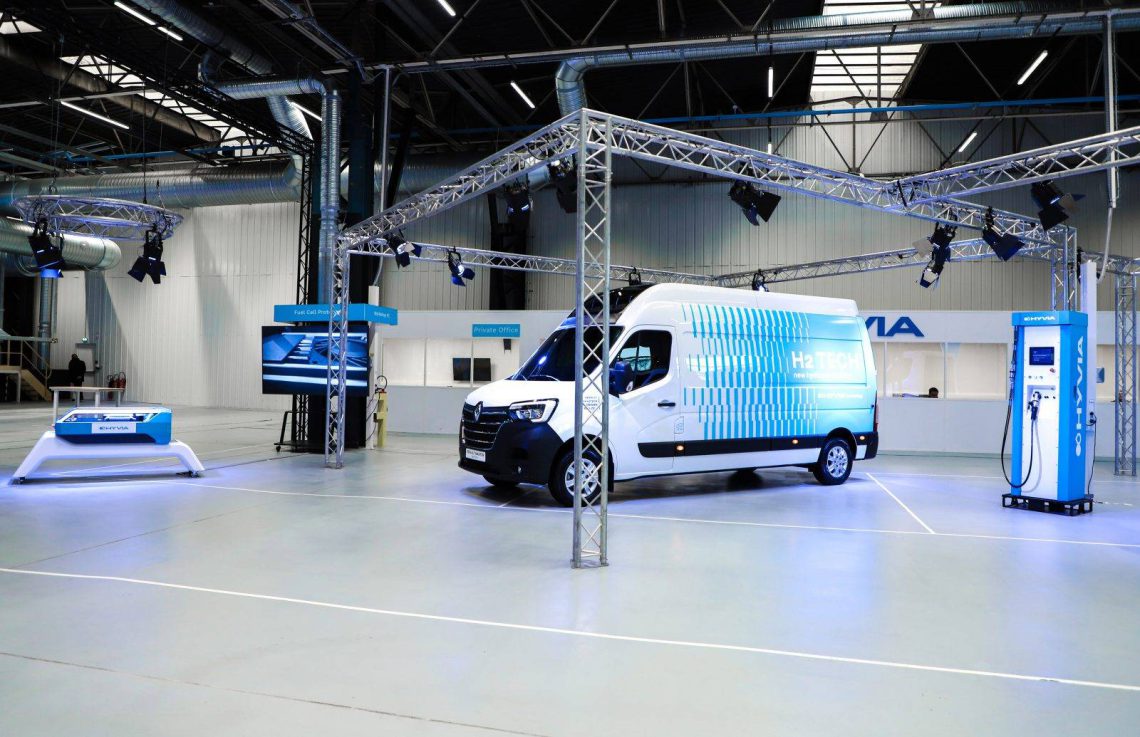
Renault Master H2-Tech
Renault introduces the Master H2-Tech. A Master that runs on hydrogen. Thanks to four hydrogen tanks and a fuel cell located on the roof, you can travel long distances fully electric with this large van without any problems. The hydrogen is converted to electricity in the fuel cell, which then goes to a 31 kWh battery pack located under the cabin. An electric motor from the Renault Zoe then uses this power to drive the front wheels.
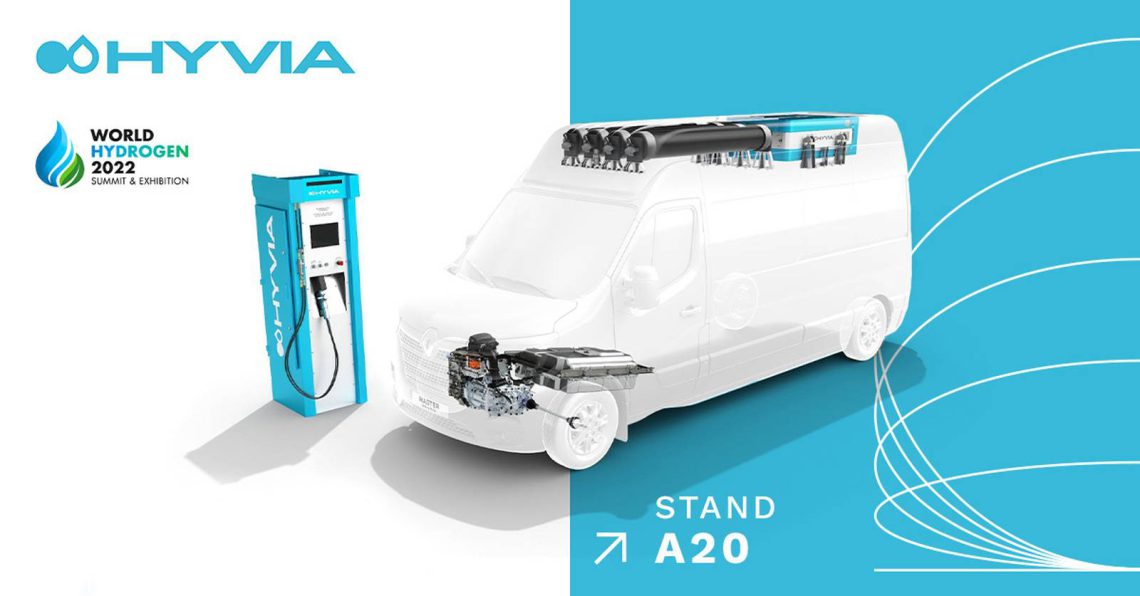
Range
On four full hydrogen tanks, the bus can travel about 400 to 500 kilometers. After five minutes of refueling, the tanks are full again. If you cover fewer miles in a day because you never go out of town, for example, Renault says you’re better off choosing a regular electric Master. It gets about 200 kilometers far on a full battery pack. If you can’t get green hydrogen in your area, Renault says you’re also better off going for a battery-electric-Master.
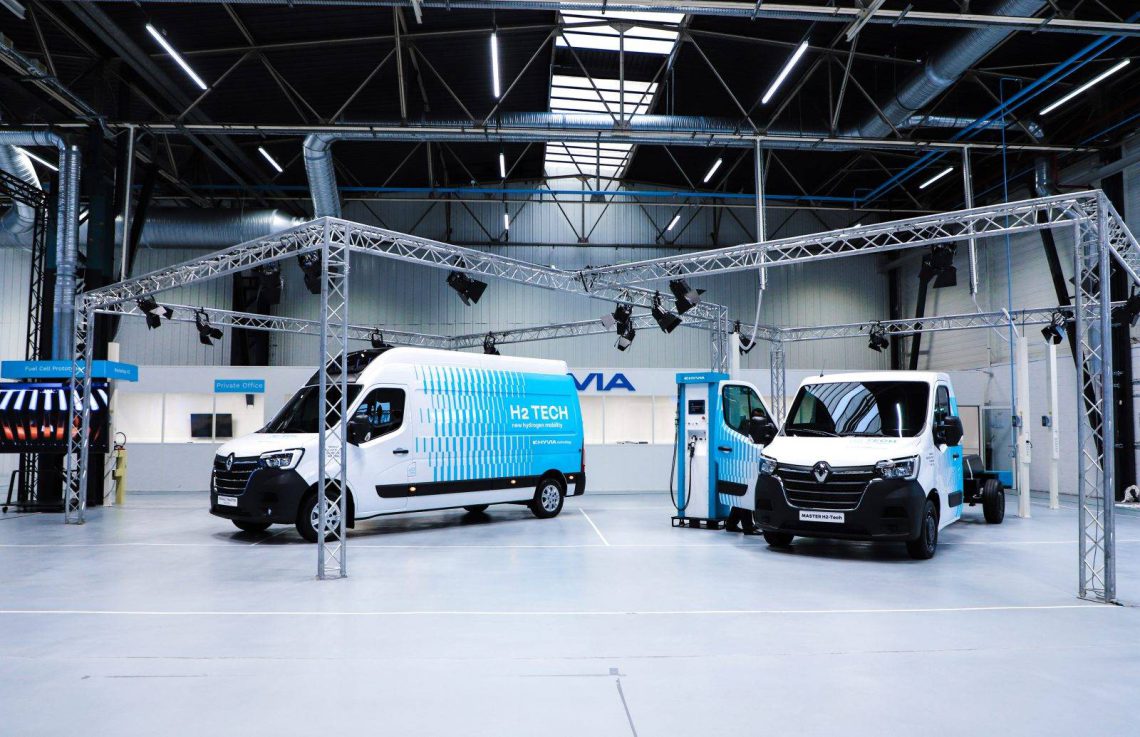
Three variants
In addition to the van with a cargo volume of 12 m³, Hyvia is launching two more hydrogen-powered vehicles: a city bus capable of carrying up to 15 passengers (Renault Master City Bus H2-TECH) and a chassis cab with a large volume of 20 m³ (Renault Master Chassis Cab H2-TECH). In addition, Hyvia offers solutions for electrolysis and hydrogen refueling stations. In fact, you can also purchase a mobile hydrogen filling station from the French. Ideal if you have multiple H2 buses in your fleet.
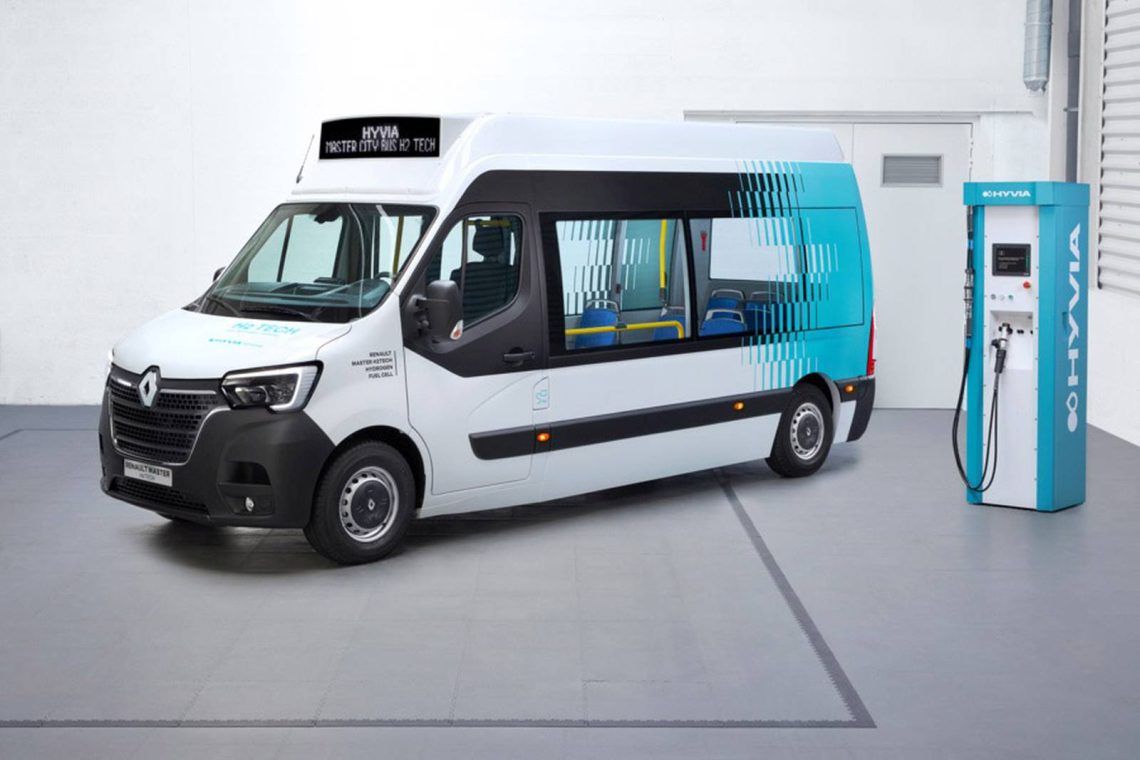
Hyvia
The Master H2-Tech is the result of a collaboration between Renault and American hydrogen specialist Plug Power, a global leader in hydrogen with more than twenty years of experience in electrolysis and a network of more than one hundred stations that together distribute more than forty tons of hydrogen per year. The joint venture between Renault Group and Plug Power is called Hyvia – with the name coming from a contraction of HY for “hydrogen” and the Latin VIA for “road.
In the video below, we tell you all about Renault’s hydrogen bus.

